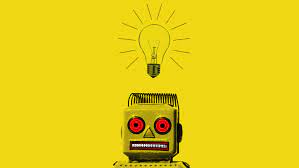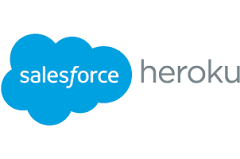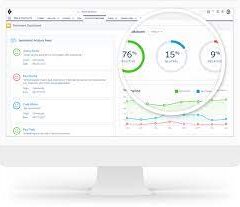The Hesitation Towards Digital Workers
It appears that people are not ready for “digital workers” just yet. This is the lesson Sarah Franklin, CEO of Lattice, a human resources and performance management platform, has learned. Lattice offers tools such as performance coaching, talent reviews, onboarding automation, and compensation management to over 5,000 organizations worldwide. Discovering the entire workplace is Not Ready For All That AI shouldn’t be so surprising.
What is a Digital Employee?
According to Franklin, digital employees are avatars like Devin the engineer, Harvey the lawyer, Einstein the service agent, and Piper the sales agent, who have “entered the workforce and become our colleagues.” These are not real workers; they are AI-powered bots introduced by companies like Salesforce and startups like Cognition.ai and Qualified to perform tasks in lieu of humans.
For instance, Salesforce’s Einstein helps sales and marketing professionals predict revenues, complete tasks, and liaise with prospects. Cognition’s software engineer Devin plans and executes complex engineering tasks, learning and correcting mistakes over time. Qualified’s sales rep Piper converts inbound website traffic into pipeline, working tirelessly without the need for health insurance, paid time off, or retirement plans.
Lattice’s Bold Move
Seeing an opportunity, Franklin announced on July 9 that Lattice would begin supporting digital employees as part of its platform, treating them like any other employee. She proclaimed, “Today Lattice is making AI history. We will be the first to give digital workers official employee records in Lattice. Digital workers will be securely onboarded, trained, and assigned goals, performance metrics, appropriate systems access, and even a manager, just as any person would be.”
The Backlash
The pushback was immediate and intense, particularly on LinkedIn. Sawyer Middeleer, an executive at a firm using AI for sales research, criticized the move, saying, “Treating AI agents as employees disrespects the humanity of your real employees. Worse, it implies that you view humans simply as ‘resources’ to be optimized and measured against machines.”
Scott Burgess, a self-employed marketing executive, was even more direct, calling the move “terrifying” and expressing concerns about the impact on human workers. The backlash was strong enough to force Franklin to suspend the plans just three days after the announcement.
The Reality of AI
While these concerns are legitimate, the question remains: aren’t “digital employees” inevitable? AI is currently overhyped. Embarrassing AI failures from Google, the underwhelming performance of Microsoft’s Copilot AI, and the rudimentary capabilities of current digital assistants demonstrate that AI is still in its infancy. Most executives view AI at this stage as untrustworthy.
Timing is Everything
Franklin made the same mistake that Microsoft, Google, and other big tech platforms have made: overhyping something not yet ready for prime time to gain a marketing edge. Her vision was not flawed, but the execution was premature. AI is still early in its development, and society is still grappling with its implications. Digital employees will undoubtedly work alongside human employees in the future, but clearly, that future is not today.










